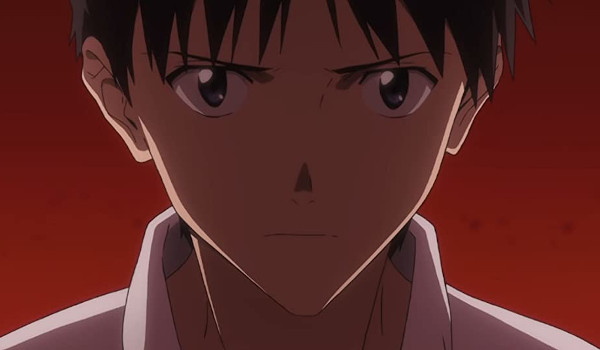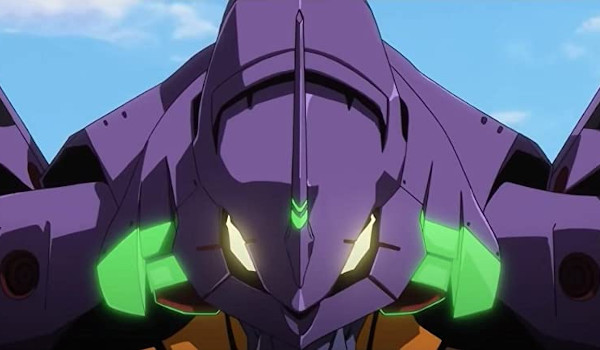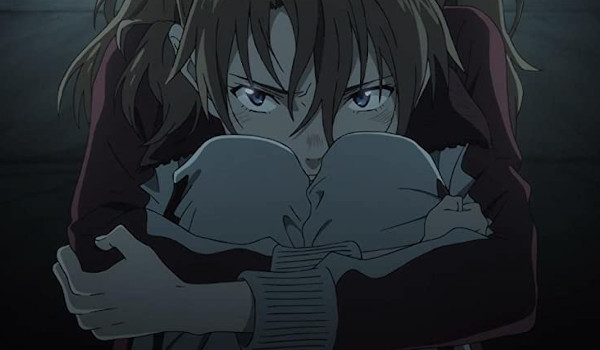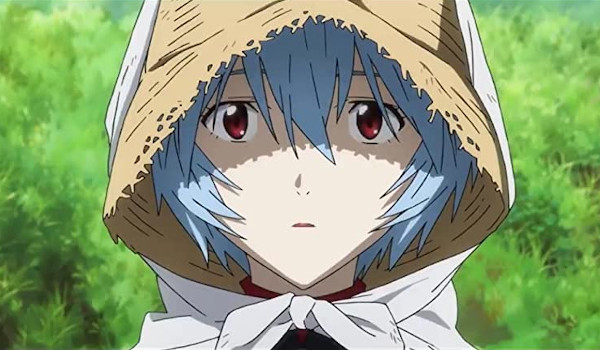- Title: Evangelion: 3.0+1.0 Thrice Upon a Time
- IMDb: link

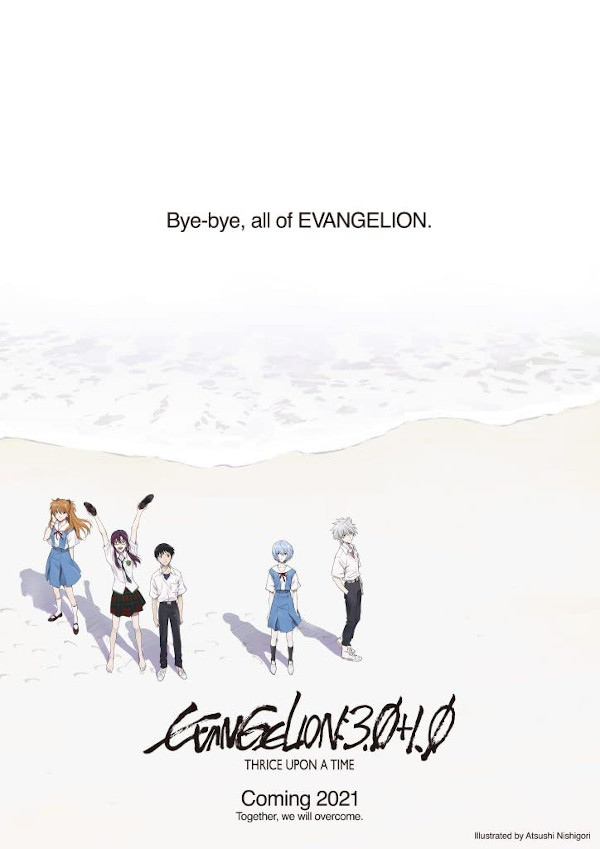 The long-delayed final film in the Rebuild of Evangelion film series wraps up the story of Shinji Ikari (Megumi Ogata / Spike Spencer), looming angels, and the end of the world. The film finally sees the light of day more than eight years after the release of the last movie.
The long-delayed final film in the Rebuild of Evangelion film series wraps up the story of Shinji Ikari (Megumi Ogata / Spike Spencer), looming angels, and the end of the world. The film finally sees the light of day more than eight years after the release of the last movie.
As with the other feature film adaptations of the Neon Genesis Evangelion anime, Evangelion: 3.0+1.0 Thrice Upon a Time is beautiful, bizarre, at times haunting, and often confusing. It’s certainly a step-up from the third, and weakest, entry into the franchise, although it does have to work extra hard while relying on quite a bit of monologuing to wrap up the tale.
Broken after the events of the Evangelion: 3.0 You Can (Not) Redo., much of the last film deals with Shinji healing, growing up, and finally coming into his own as his father takes one more drastic attempt to enact the Human Instrumentality Project, bring about the end of the world, and reunite with his dead wife. The heart of the film returns to the father/son dynamic on which the fate of the world will rest.
The lengthy final film allows the return of several smaller characters and stand-out moments for each of the major players. One of the most fascinating storylines for me was watching Rei Ayanami (Megumi Hayashibara / Amanda Winn Lee) find her humanity in the human settlement that embraces Shinji, Rei, and Asuka (Yûko Miyamura / Tiffany Grant) at the beginning of the film. While adversaries with Shinji in the last film, Misato Katsuragi (Kotono Mitsuishi / Allison Keith), Asuka, and Mari Illustrious Makinami (Maaya Sakamoto / Deneen Melody) each make their peace with Shinji as the fate of the world will once again fall on the shoulders of a teenage boy.
The storyline can be perplexing at times, especially for viewers who never watched the original anime series, but the films do have a beautiful look and design that can’t be denied. Although the film opens with an extended battle to save Paris, we do get less of those in this final chapter that turns more metaphysical and philosophical. Giant robots and weird supernatural entities aside, the series has centered primarily on its characters and themes of isolation, family, disappointment, loss, obsession, and growth (or the lack thereof). If at times the logic or reasoning of events is unclear, the emotion-driven motivations of its characters continually shine through. Evangelion: 3.0+1.0 Thrice Upon a Time taps into these themes one last time to deliver a perplexing but ultimately satisfying finale.

